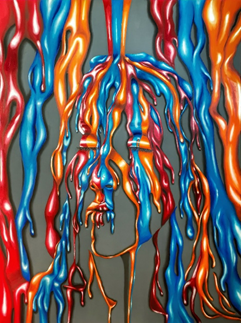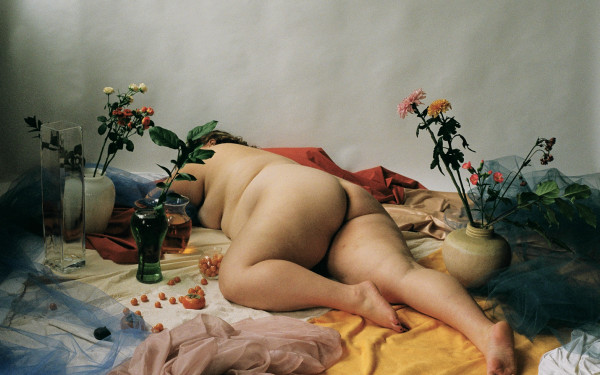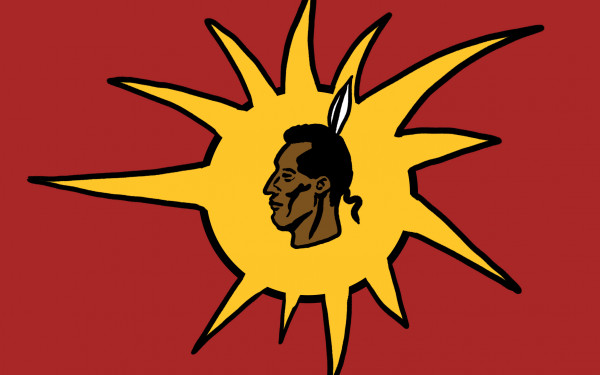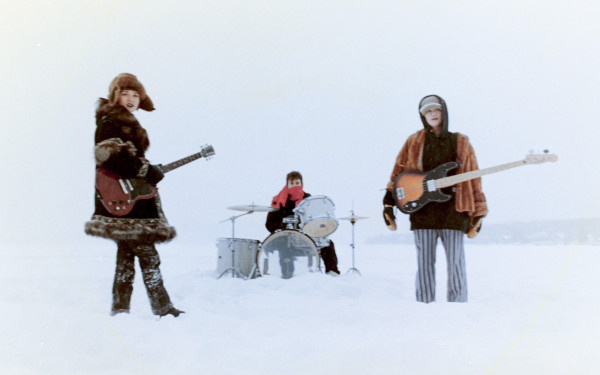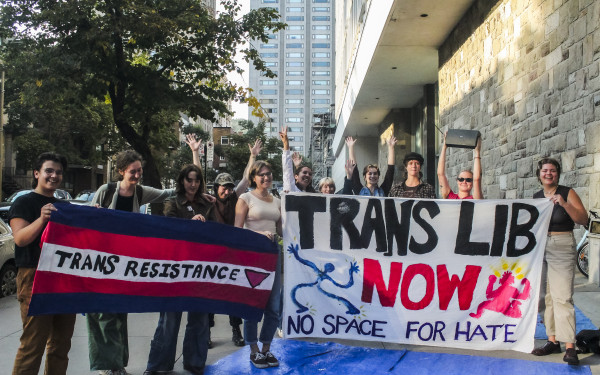Armenians at arms: Uniting a community through art
“I do it because I’m proud of my ethnicity and cultural background, despite it’s painful history”
Tsolaire Mekhgeavakian is a Montreal-born artist concentrating her career on bringing awareness to the Armenian genocide.
She is a fine arts education student and is teaching lessons in more ways than one. Growing up, she was always encouraged by her mother to pursue her interests in the arts. This relationship led her to establish her career in this multicultural city full of opportunity.
The Armenian genocide began in 1915 and ended two years later, but Mekhgeavakian says that the effects are still felt to this day, especially since it is a genocide that is still unrecognized by its Turkish perpetrators. April 24 marks the Armenian Genocide Remembrance Day to commemorate the victims of the genocide. This tragedy has displaced families, subjugated them to cruel deaths. Armenian children were also stolen to be raised under Turkish families, which robbed them of their culture.
Through this brief retelling of the past, Mekhgeavakian warns us of the present as she fears that current land disputes from Azerbaijan with Turkish involvement may cause history to repeat itself. Mekhgeavakian says, “for a people who have previously lost their land and have lived under the threat of cultural extinction, the 2020 conflict was a small taste of what our Armenian ancestors went through during the 1915 genocide. It was also a key influence on the trajectory that the History of my Blood series took.”
Her current goal is a series of paintings titled History of my Blood, which is intended to celebrate her culture and raise awareness of the violence her people faced years ago. Mekhgeavakian said, “I'm creating this series for the purpose of using art to raise awareness and educate people on the consequences that come with belonging to a diasporic group, told through an Armenian lens. To me, the series is a visual representation of everything I have felt and experienced as an Armenian born and living in Canada.”
“For a people who have previously lost their land and have lived under the threat of cultural extinction, the 2020 conflict was a small taste of what our Armenian ancestors went through during the 1915 genocide.” — Tsolaire Mekhgeavakian
Her time participating in events organized by the Concordia’s Armenian Student Union had hosted her first exhibition in 2019. They featured the History of my Blood series and people were enthralled at the ability of one artist to be talented in many genres.
“The series began with Unity as my final painting for class, where I attempted to make a self-portrait, whose facial details would only be discernable under drips of paint that were the colors of the Armenian flag, playing on the idea of invisible minorities,” she said.
Mekhgeavakian says the art series opens the conversation about the lives of a people that experienced feelings of displacement, showing that they are not enduring their pain alone—which is timely considering the feeling of disconnectedness that the pandemic gives us.
According to Mekhgeavakian, it is the first project of its significance in the Armenian community because of the art style and the perspective she has on the topic. Her goal is to finish it and exhibit it to as many people as she can in order to raise awareness of her people’s history. As for her art, she says “[she] still [has] a very long way to go”, which is why she is still hard at work continuing her paintings online. The uniting theme in the History of my Blood series intends to showcase the transformative pain of a diasporic community that attempts to overcome generational trauma and identity issues.
The peace during quarantine has given Mekhgeavakian a lot of time to experiment and complete projects. This free time has allowed her to see that, she says, “this is really just the beginning for me and I can't wait to see what comes next”. Trying to quantify her own experience as an artist, when it comes to being a student-teacher, she says she has found a nice balance between her academics and her jobs.
She says she is excelling through her university program, that she is an active member of the Armenian community, and her activism is her art. “I do it because I'm proud of my ethnicity and cultural background, despite its painful history and the ensuing consequences that still affect the diaspora to this day.”
Mekhgeavakian’s journey as an artist is all about embracing your identity, whether it is artistic, cultural or just a journey in self-discovery.
This article originally appeared in The Resistance Issue, published April 13, 2021.

